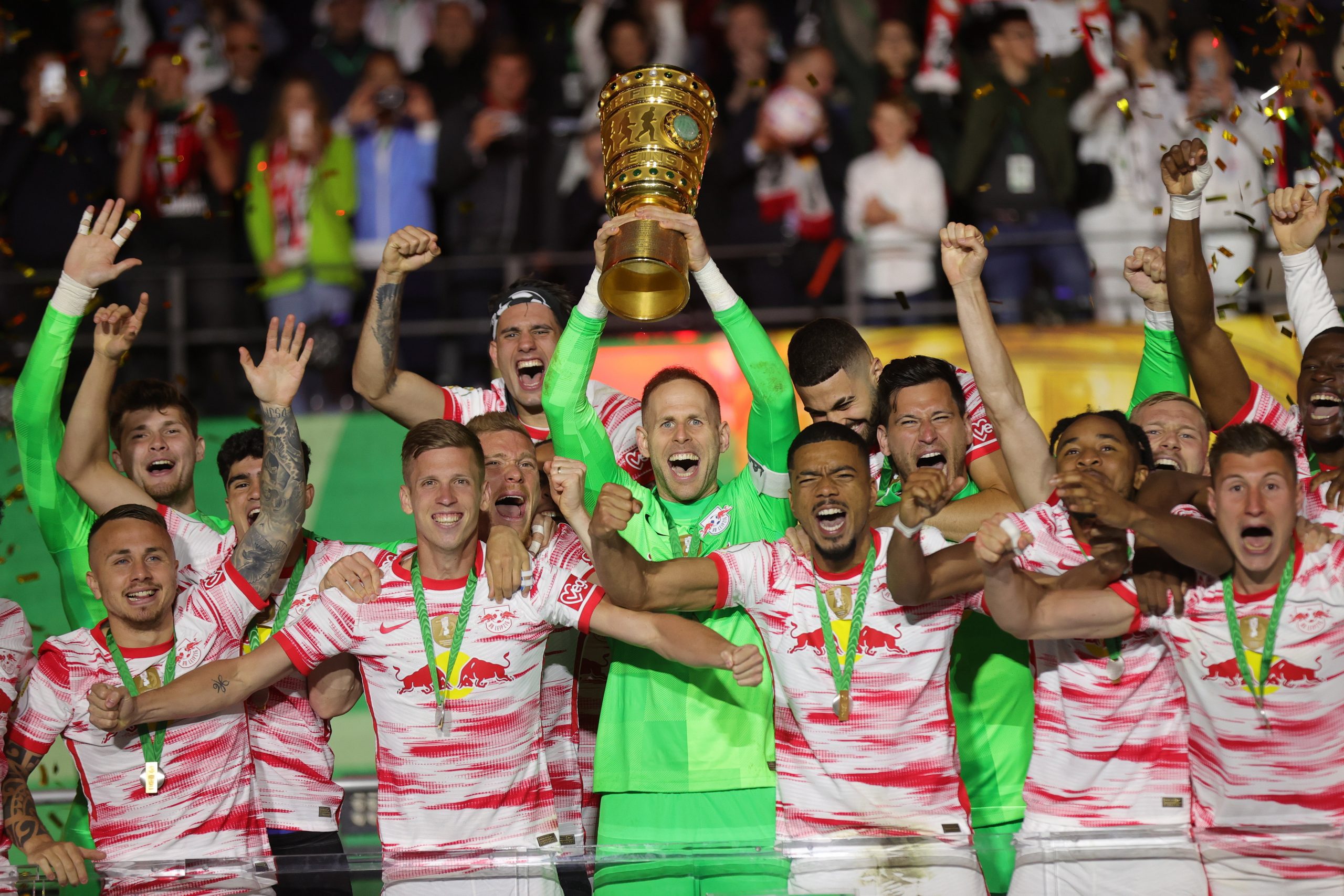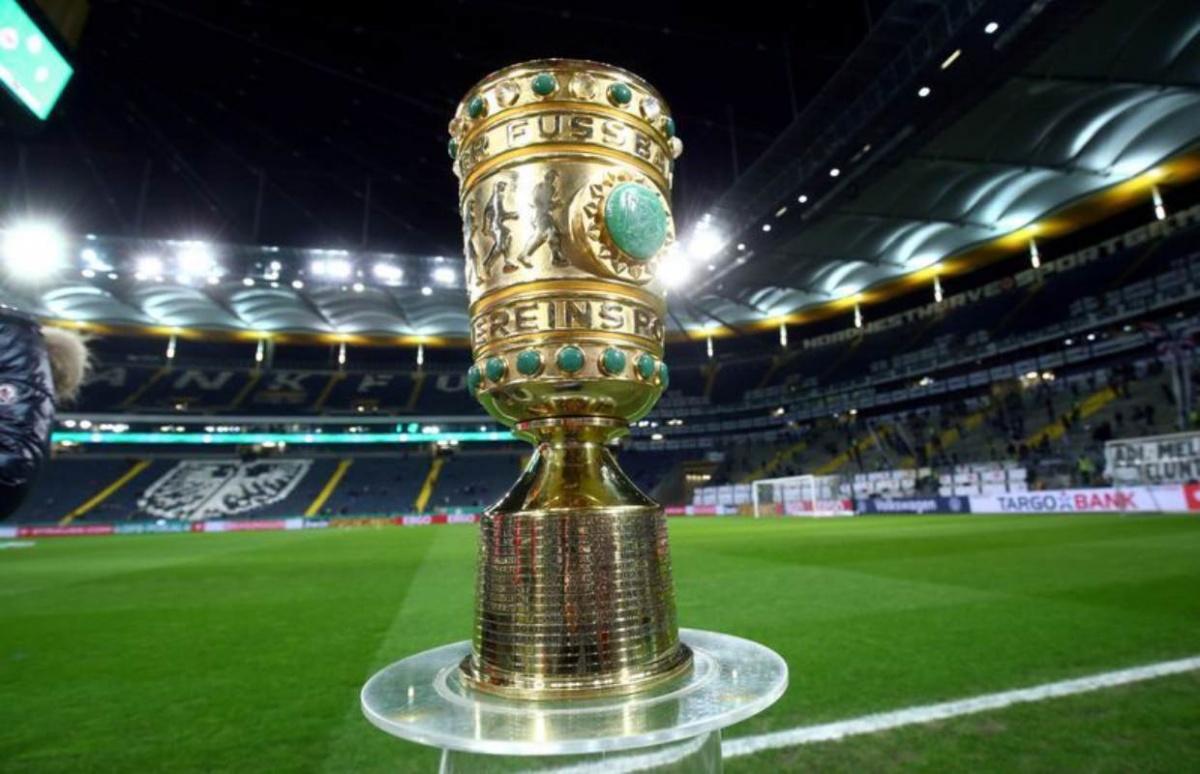German League Cup Final: A once-prominent fixture in German football, the League Cup boasts a rich, if somewhat shorter, history than the DFB-Pokal. This competition, while ultimately discontinued, left its mark on the German football landscape, shaping club rivalries and providing unforgettable moments for players and fans alike. This article delves into the evolution, memorable matches, and lasting legacy of this compelling tournament.
From its inception, the German League Cup faced an uphill battle for recognition, existing alongside the already established DFB-Pokal and Bundesliga. However, the competition attracted significant attention, especially during its peak years, offering a unique opportunity for teams to showcase their talent and compete for silverware. Analyzing its history reveals intriguing insights into the dynamics of German football and its evolving competitive landscape.
The German League Cup: A Retrospective: German League Cup Final
The German League Cup, while not possessing the same longevity or prestige as the DFB-Pokal or Bundesliga, holds a unique place in German football history. This competition, though ultimately discontinued, offered a glimpse into the dynamics of German football, showcasing emerging talent and providing exciting clashes between top-flight teams. This article delves into the history, memorable moments, fan culture, media impact, and strategic implications of this now-defunct competition.
History of the German League Cup
The German League Cup, officially the Ligapokal, was a relatively short-lived competition, running from 1997 to 2007. Initially designed as a pre-season tournament, it featured participation from the top teams in the Bundesliga and 2.Bundesliga. The format evolved over the years, shifting from a group stage followed by a knockout phase to a more streamlined structure. Significant changes involved the number of participating teams and the timing of the tournament within the football calendar.
Understand how the union of vitibet scotland league one can improve efficiency and productivity.
Compared to the DFB-Pokal, a long-standing knockout competition open to teams from all levels of the German football pyramid, the Ligapokal held less historical weight and was primarily viewed as a secondary competition.
Notable Final Matches
Three finals stand out as particularly memorable. These matches highlighted intense rivalries, unexpected upsets, and unforgettable moments that resonated with fans and players alike. The selection reflects a range of outcomes and demonstrates the unpredictable nature of cup competitions.
| Year | Team A | Team B | Score |
|---|---|---|---|
| 2000 | Bayern Munich | Hertha BSC | 3-1 |
| 2003 | Hamburger SV | Schalke 04 | 4-2 |
| 2007 | Bayern Munich | VfB Stuttgart | 3-1 |
These finals had lasting impacts. Bayern Munich’s dominance in the final showcased their consistent strength, while Hamburger SV’s victory in 2003 provided a significant boost to the club’s morale and standing. The overall impact on the German football landscape was relatively limited due to the competition’s short lifespan.
Fan Culture and Atmosphere
The atmosphere at the German League Cup finals was typically vibrant, though generally less intense than the DFB-Pokal final. The pre-season nature of the competition sometimes resulted in lower attendance. While passionate fan chants and displays were present, they often lacked the same level of widespread, coordinated effort seen in the DFB-Pokal. The fan culture mirrored the competition’s status: a fun, exciting, yet secondary event in the German football calendar.
Media Coverage and Public Perception

Media coverage of the Ligapokal final was substantial, although it paled in comparison to the Bundesliga and DFB-Pokal. Television broadcasts, newspaper articles, and online reports provided ample coverage, but the level of attention decreased as the competition progressed. Public perception was generally positive, but the Ligapokal never achieved the same level of cultural significance as other major competitions.
The economic impact on the league and participating teams was moderate, primarily benefiting the broadcasters and sponsors.
Impact on Participating Teams
Teams generally approached the Ligapokal final with a blend of seriousness and experimentation. While victory was desirable, it wasn’t considered as crucial as success in the Bundesliga or DFB-Pokal. Winning the Ligapokal provided a morale boost, valuable match practice, and a minor reputational enhancement. However, its impact on a team’s long-term success was limited compared to winning the Bundesliga or DFB-Pokal.
Illustrative Examples of Key Moments, German league cup final
Several moments from the Ligapokal finals stand out for their dramatic impact and lasting memory.
-
The roar of the crowd was deafening as Giovane Élber, with a breathtaking display of skill, weaved through the Hertha BSC defense, leaving defenders grasping at air, before slotting the ball calmly into the net. The goal, a masterpiece of individual brilliance, secured Bayern Munich’s victory in the 2000 final.
-
A tense atmosphere hung in the air as Rafael van der Vaart’s powerful free-kick soared through the Hamburg defense, leaving the goalkeeper utterly helpless. The goal, a moment of pure power and precision, propelled Hamburger SV towards their 2003 triumph.
-
The stadium erupted as Franck Ribéry, with a burst of incredible speed, outpaced his marker, delivering a perfectly weighted cross to Luca Toni, who headed the ball home with unstoppable force. This decisive goal in the 2007 final underscored Bayern Munich’s dominance.
The German League Cup, though no longer played, remains a significant chapter in German football history. Its legacy extends beyond the trophies and final scores, impacting club strategies, fan culture, and media attention. While overshadowed by the DFB-Pokal and Bundesliga, its memorable moments and impact on participating teams ensure its place in the annals of German football. The competition serves as a compelling case study of the complexities and evolution of sporting leagues and their cultural impact.

